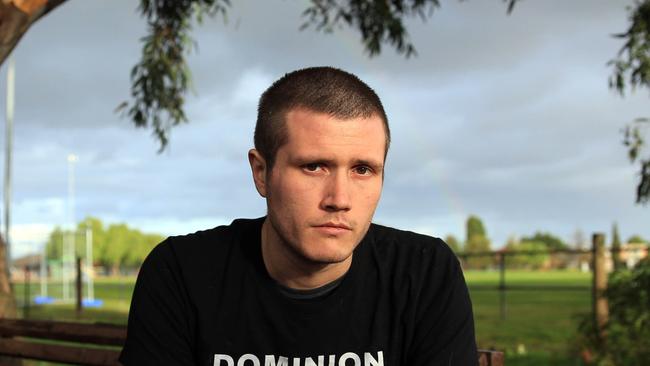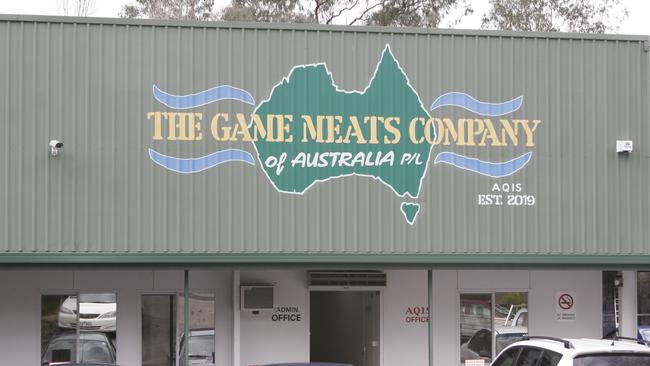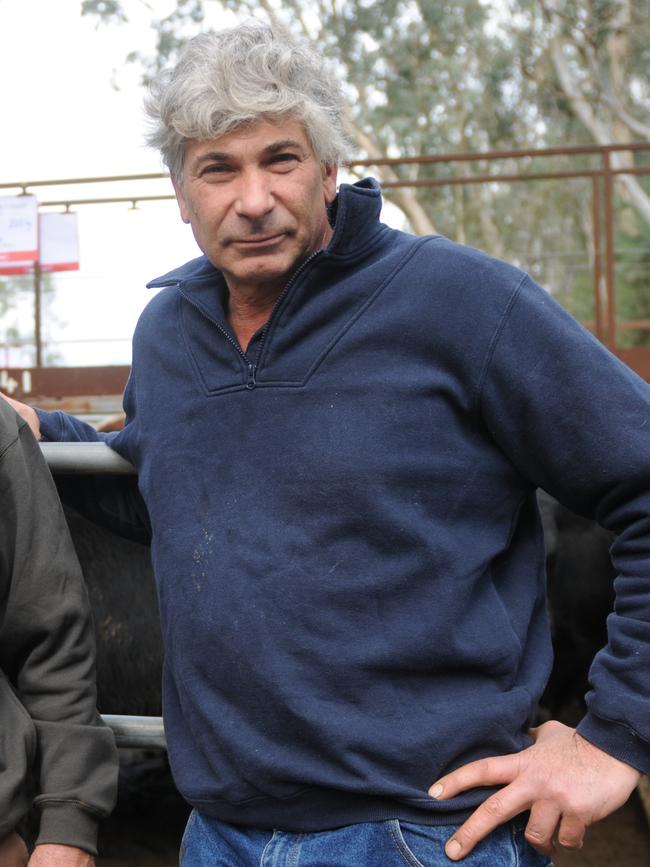Victorian abattoir in legal battle against slaughter video
Key witnesses have taken the stand in a Federal Court trial regarding whether animal activists can publish footage from inside a slaughterhouse.

A Victorian abattoir has taken an animal activist organisation to court in an effort to block the publication of a video depicting goat stunning and slaughtering inside their facility.
The Game Meats Company of Australia is seeking a permanent injunction in the Federal Court of Australia, in Melbourne, against Farm Transparency International publishing a 14-minute compilation which shows the stunning and slaughter of goats in their facility and alleged animal cruelty.
The video allegedly depicts footage of goats having their throats cut while they appear to still be alive.
On Friday the five-day trial entered its final day, where Game Meat Company’s barrister Paul Hayes KC argued Farm Transparency International intended to “cause maximum harm” to the Game Meats’ operations and reputation by publishing the video.
Farm Transparency International argued the public has a right to know what occurred inside the Game Meats Company abattoir.
Farm Transparency International executive director Chris Delforce took the stand on Wednesday and Thursday where he was cross-examined for more than three hours in total about how footage was captured at the North East Victorian abattoir and its intended use.
Answering under privilege against self-incrimination, the court heard Mr Delforce trespassed onto the Game Meats Company of Australia’s property on seven occasions between January and April this year, going under the property’s fence before installing hidden pin cameras at the facility.

The court also heard footage was recorded across a total of 14 eight-hour shifts, for a total of more than 110 hours, before it was cut into the 14-minute edit being contested before Justice John Snaden.
“Farm Transparency’s ultimate goal is to shut down slaughterhouses because there is cruelty inherent, as I see it, in the act of unnecessarily slaughtering an animal that doesn’t want to die,” Mr Delforce told the court on Thursday.
“It is not that we want to see this particular abattoir shut down immediately. The ultimate goal is for animal cruelty commercially to be stopped and that will mean slaughterhouses will be shut down, but it is more about raising public awareness.”
Dr Karl Texler, an on-plant veterinarian with the Australian Government Department of Agriculture and Water Resources, based at Game Meats Company’s Eurobin facility, also took the stand where he told the court he had not witnessed any of the acts depicted in the video first hand.
“It (the acts in the video) does not show necessarily compliance with the company approved arrangement. However it does not substantially demonstrate animal cruelty either,” Dr Texler said.
“I do not believe that it shows any noncompliance with the animal standards.”

The court also heard Farm Transparency International lodged a complaint with the federal Department of Agriculture, Fisheries and Forestry on May 3, forwarding them the footage from inside the abattoir.
The DAFF then contacted the Game Meats Company, who in the following days spoke to staff in the video, reviewed and amended stunning and sticking procedures, allocated a second staff to the stunning section and terminated two staff.
Then on May 17 a story about the slaughterhouse video aired during the Channel 7 Border News broadcast. Later that evening Farm Transparency Project published the video online, before an injunction was granted by the Federal Court of Australia, forcing the video to be unpublished.
One of the Game Meat Company’s three directors, Eugene Tomasoni was cross-examined during the trial along with production manager Darren Webb, other staff members and Farm Transparency Project’s strategy and campaigns director Harley McDonald-Eckersall.
The trial continues on Friday, August 9 with further staff members of Game Meats among those to be cross examined before Justice Snaden delivers his judgement at a time to be determined.





